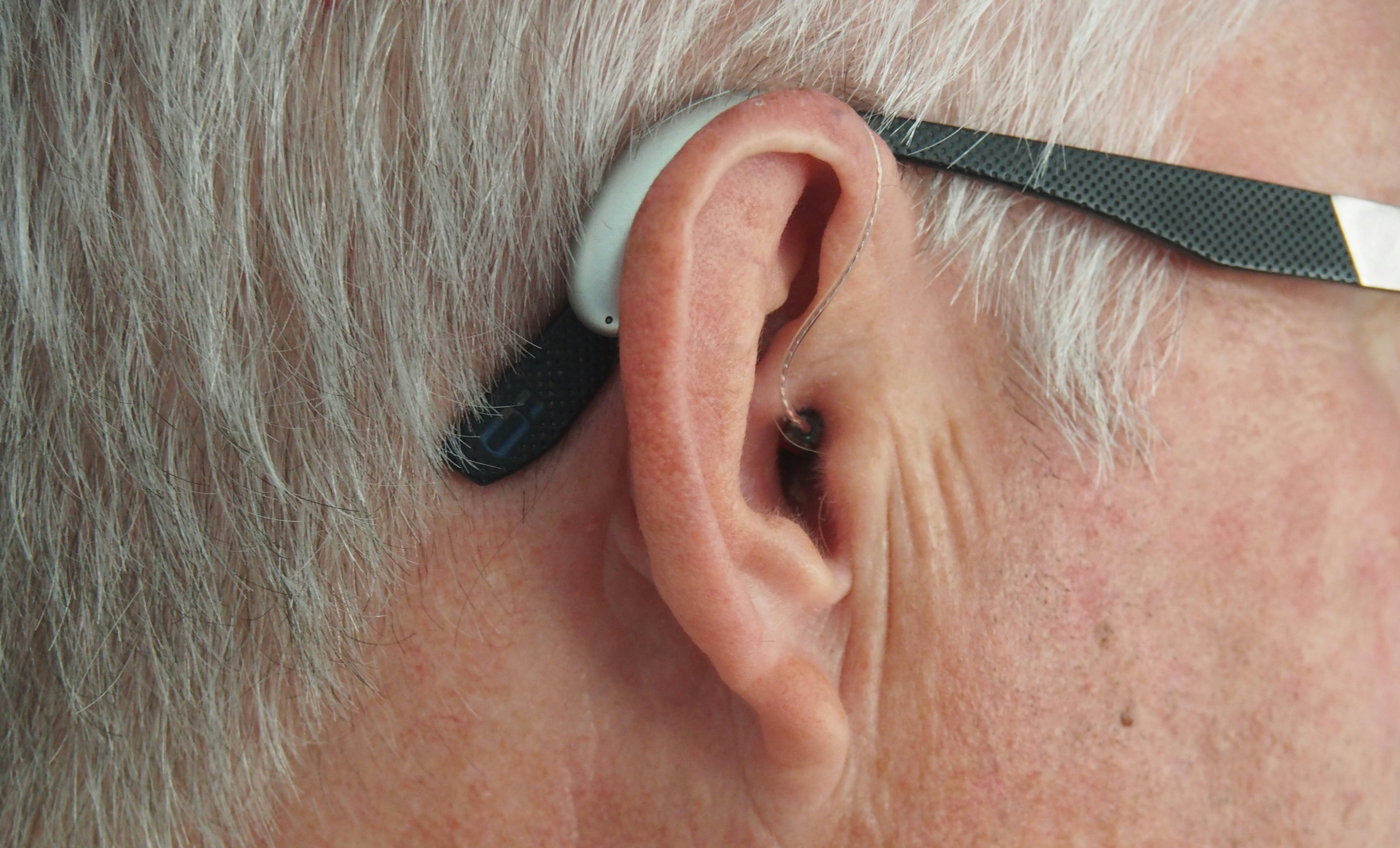Many people and their families may find that the ongoing novel coronavirus (COVID-19) health crisis directly or indirectly impacts their physical, mental, and emotional health in various ways. For many people, the virus has likely affected their finances. The bill for medical treatment and hospitalizations for COVID-19 are unpredictable, as they can vary from person to person. Factors that contribute to the costs of receiving medical care for this easily-spread virus include the symptoms a person experiences, their medical insurance, and the status and condition of their health before they contracted the virus. Furthermore, in some cases, people who develop COVID-19—and those who don’t—have lost their jobs and health coverage due to the strain on the economy that the pandemic caused.
In general, older adults are at the highest risk of being hospitalized with COVID-19 complications. Individuals who at least 65 years old and have a Medicare plan may have supplemental coverage that includes costs for most medical treatment forms. However, for people who don’t have additional coverage, bills related to COVID-19 treatment may be too expensive and could potentially lead to debt.
Patients of various ages may find it challenging to pay for medical costs on top of paying monthly bills or recurring subscriptions, especially if they’re already in debt. It can be difficult enough to pay for medical expenses amid the pandemic, but you shouldn’t let debt keep you from pursuing the treatment and care that you need to improve your health condition. Affording proper care can seem impossible during such unpredictable times, but described below are a few reasons as to why you shouldn’t let debt stand in your way, and ways to obtain the care you deserve without breaking the bank.
Receiving proper care enables you to take better control of your health and life.

It would be best if you didn’t try to save money or avoid debt at the expense of your health. While avoiding visits to a primary care physician, specialist, and the emergency room can keep you from stacking up medical bills, it could ultimately cost you the quality of your health and wellbeing.
By receiving the medical care you deserve, and getting routine health screenings, you can detect any specific conditions or diseases you may have, even when you don’t exhibit any signs or symptoms of an illness. Accurate, early detection of a condition can result in getting the best, proper preventative treatment, and/or symptom management right when you need it.
Practical budgeting can help you access the care that you need.
Creating a reasonable budget if you haven’t already done so, or changing an existing budget could help you navigate the unpredictable financial situations or unexpected hardships caused by the COVID-19 crisis. If you can cut back on some bills or exclude them from your budget completely, consider doing so. Temporarily pausing some services and subscriptions, if you can, could help you free up more money, which you can then put toward paying for medical care and supplies.
In some cases, people who have life insurance policies but no longer find them necessary may benefit from selling their insurance policy to a viatical settlement broker or viatical settlement company. A trustworthy viatical settlement company offers viatical settlements to terminally ill individuals and purchases life insurance policies. It provides a lump sum payout to policy-sellers, which they can use to take care of any end of life expenses. Viatical settlement providers only agree to viatical settlement contracts with policy owners who have a terminal or chronic illness and a two-year life expectancy, as viatical settlements are specific to insured individuals with terminal illnesses. On the other hand, life settlements are available to policyholders in good health and allow them to sell their life insurance. Life insurance policy sales and viatical settlements enable policyholders to receive a sum of money as payment. Former policyholders could use the money they collect from the sale to pay for medical treatment. If you’re eligible for such settlements, consider discussing this option with family members to gain access to additional funds that can come in handy.
Where other funds can help.
With more funds available, people can not only afford to handle coronavirus-related medical costs, but they could also prioritize improving other aspects of their health, like their hearing, for example.

People with the want and need to enhance their hearing health will be able to pay for high-quality audiology testing. By visiting experts in professional audiology, people can receive top-notch hearing evaluations and tests, accurate and timely diagnoses, and effective prevention and treatments for hearing loss and other audiology-related conditions. A hearing test is a practical way to get any hearing problems detected and diagnosed early. Being able to get treatment for hearing loss early on from skilled, expert professional audiologists empowers you to slow down your hearing decline. Audiologists and hearing experts can conduct various diagnostic tests and help you find suitable hearing aids and other hearing devices, if necessary. You may have hearing issues with your cochlea—the part of the inner ear that contributes to hearing—or your eardrum, which functions to carry sound from the air to your middle ear and cochlea. Having durable medical equipment such as high-quality hearing aids can help you mitigate your hearing decline and reduce out of pocket costs.
Focus on what’s important.
Your health and trying to get the highest quality medical care are more crucial than creating ways to pay debts and avoid debt collectors’ calls. Be mindful of the fact that debt collecting phone calls from debt collectors that harass or scare you are in violation of The Fair Debt Collection Practices Act. Consider contacting expert consumer rights advocates, such as those with Your Legal Rights Advocates—a five-star Nationally ranked Consumer Law Firm. These experts in advocacy can inform you about fair debt collection practices, help you identify abusive and non-abusive debt collection practices, and file complaints against debt collection agencies.
Health and finances can vary from person to person, but with practical budgeting and experts’ help, people can find ways to pay for medical expenses and take care of themselves without letting debt hold them back.